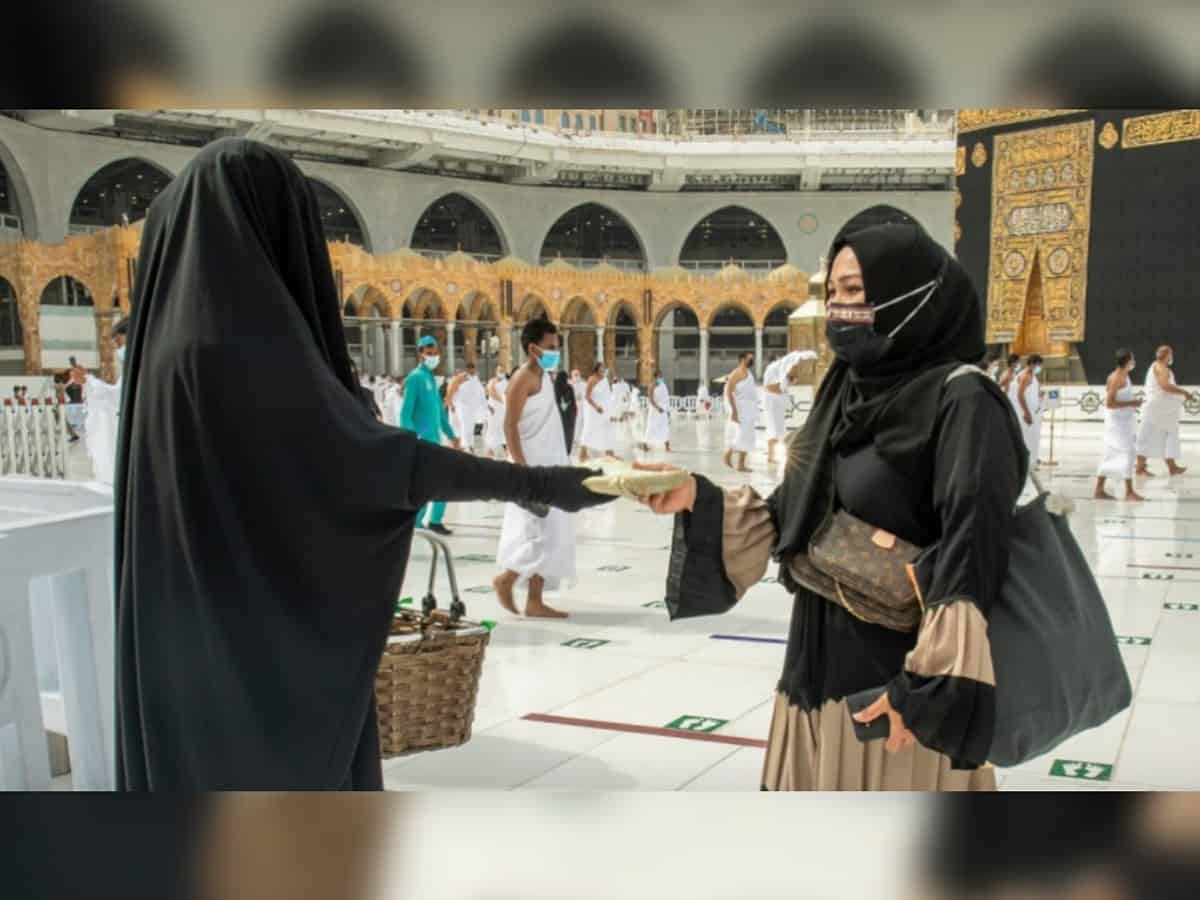
Riyadh: In an effort to develop services for women, General Presidency for the Affairs of the Two Holy Mosques in Saudi Arabia announced the appointment of 34 women to leadership positions.
The Presidency of the Two Holy Mosques in a statement, on Sunday evening, said that its general president, Sheikh Abdul Rahman Al-Sudais, issued a decision to assign 34 leaders in the agencies and departments of the General Presidency for the affairs of the Grand Mosque and the Prophet’s Mosque, and the Women’s Agency for the Prophet’s Mosque Affairs.
The General Presidency stated that this decision is among the qualitative shifts that the General Presidency for the Affairs of the Grand Mosque and the Prophet’s Mosque seeks to achieve for qualified Saudi women in the service of women who visit the Two Holy Mosques.
It added, “The decision allows the presidency to invest in women’s it and harness their role as a complement to the successes achieved by women in the Two Holy Mosques.”
Among the names assigned as agents for the General President of the Grand Mosque are Fatima Al-Thubaiti, Nada Al-Maliki, and Abeer Al-Juffair, as well as Amal Thunayan as agent for the General President of the Prophet’s Mosque.
While the assignments of the new women leaders varied between an assistant deputy to the president and directors of various departments within the Two Holy Mosques.
In August 2021, the Presidency of the Affairs of the Two Holy Mosques announced for the first time the appointment of two women as assistants to the general president.
In recent years, the Kingdom has witnessed extensive transformations, allowing women to drive by royal order in 2017, followed by decisions to enroll women in the main branches of the armed forces with different military ranks.
It also allowed women to be equal with men in the right to obtain a passport and leave the country with the abolition of the requirement of the consent of their guardian, as well as equality in the retirement age equivalent to 58 years.



